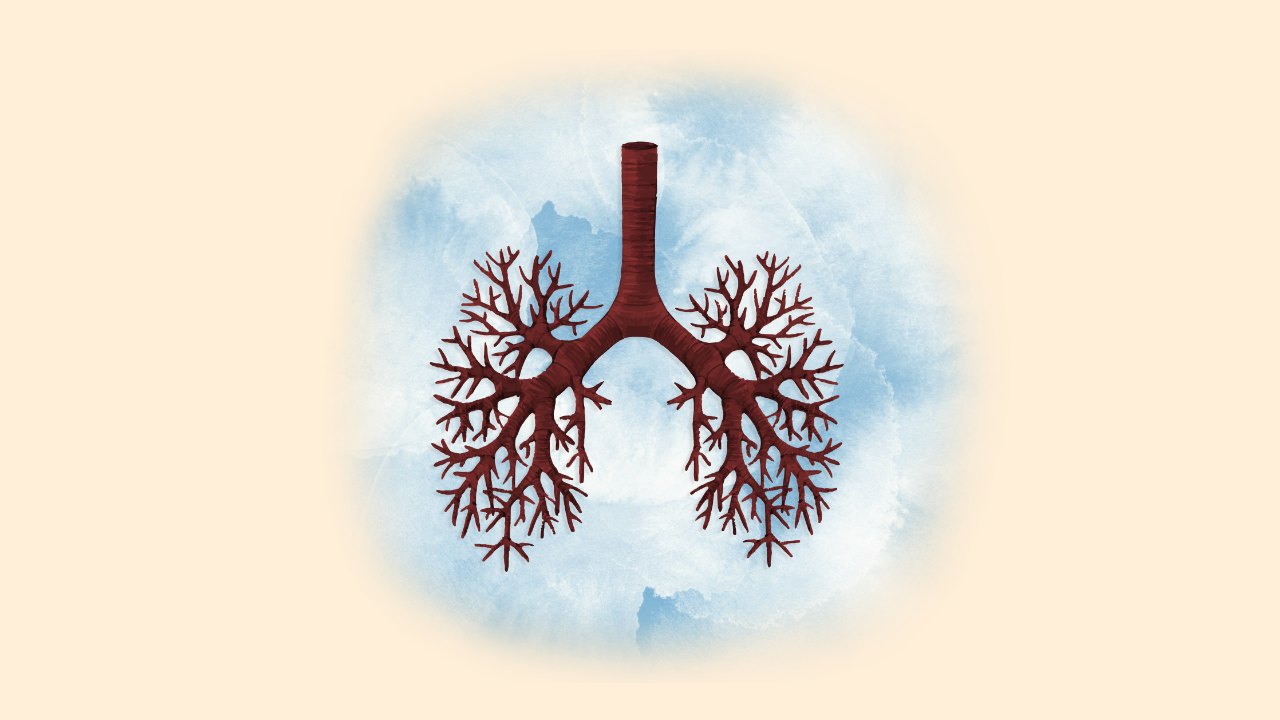Goodarz Danaei, Bernard Lown Professor of Cardiovascular Health at Harvard T.H. Chan School of Public Health, discusses one thing everyone should know about cardiovascular disease—that we can easily prevent fatal heart attacks and strokes by reducing how much salt we eat.
There is a direct and linear association between the amount of salt we eat and our blood pressure—and high blood pressure, or hypertension, is the most important risk factor for cardiovascular disease globally. Fortunately, it is also the easiest to treat.
In 2019, I worked with other international scientists to calculate how many lives could be saved around the world if we reduced our average sodium intake by 30 percent. That’s an achievable, and not even particularly ambitious, goal. But it would have a profound impact on public health. In fact, we found that in 25 years, 40 million deaths could be delayed by implementing that intervention alone. That’s almost three deaths every minute.

Several policies could help us get there, including the reformulation of packaged foods and the introduction of labels that inform consumers of the sodium content of certain foods. The UK, for example, launched a successful salt reduction initiative in 2001 that within a few years managed to reduce the average salt intake by almost one gram per day through awareness campaigns and by encouraging food manufacturers to reduce their products’ salt content.
Researchers are also studying whether replacing some of the sodium chloride in our salt with salt substitutes would help reduce blood pressure. We don’t know yet if this effort would be successful or if people would add more salt to their food to compensate for a less-salty taste.
There’s no doubt, however, that we should eat less salt. Americans eat on average about 8.6 grams of salt per day, which is more than twice the recommended intake by the American Heart Association.
We have become so accustomed to salt that we feel the need to add it to the food we cook at home or order at a restaurant. The truth is that there is no reason to add salt. Natural foods already contain enough sodium themselves and their flavor can be enhanced by adding other ingredients like herbs, spices, garlic, and citrus.
It’s especially important that the food our children eat, including school lunches, contains low levels of salt. Habits are hard to change later in life, so intervening early on children’s diets and palates can have huge long-term consequences for public health.
Last Updated
Featured in this article
Goodarz Danaei











